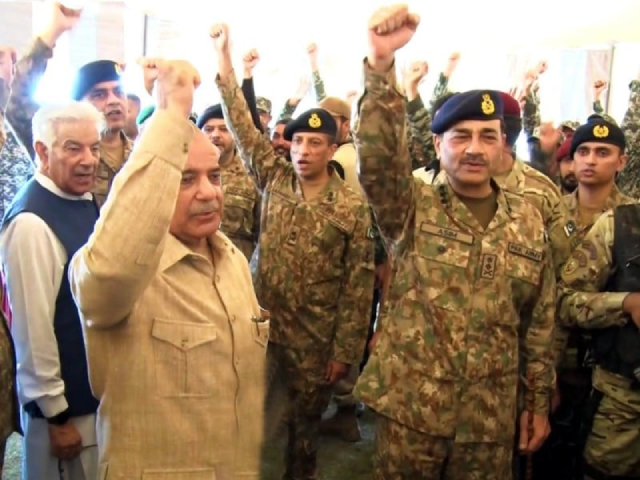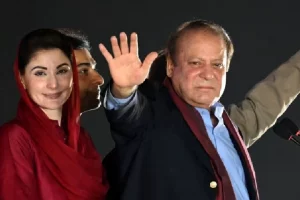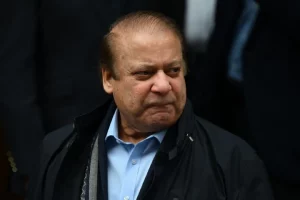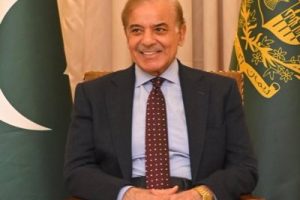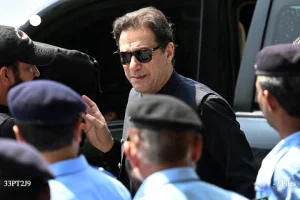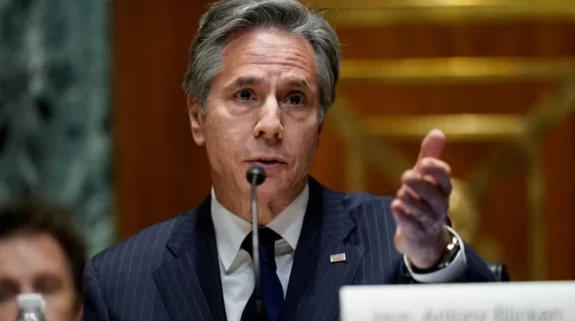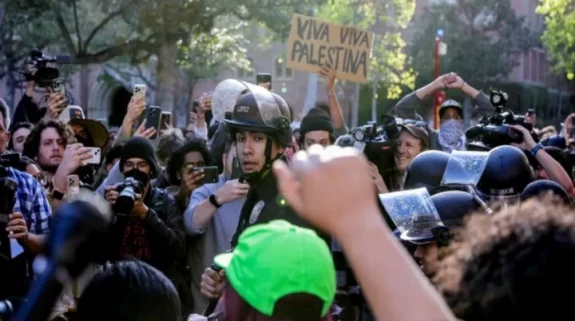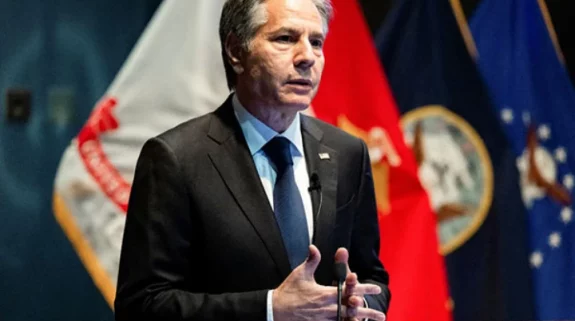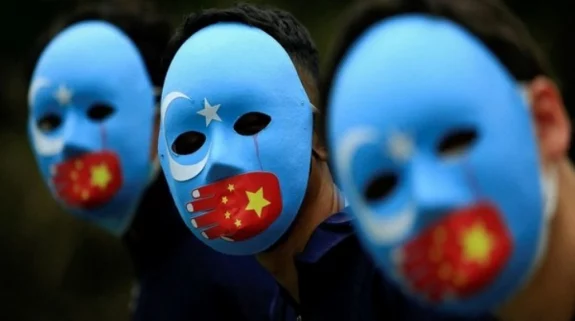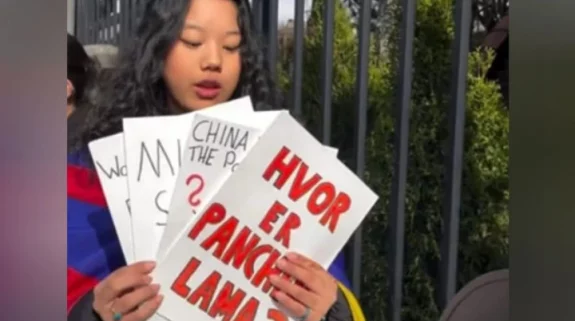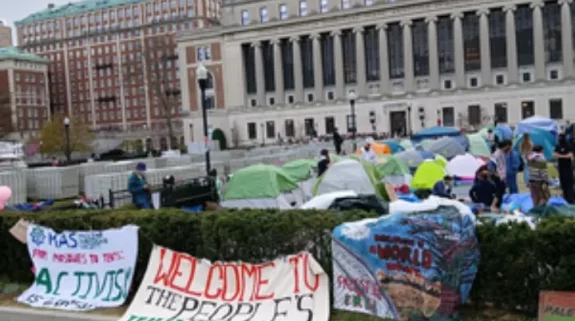In the arrest of ex-Prime Minister Imran Khan in the Toshakhana case, the Pakistan army has broken a psychological barrier, opening a pathway for a new dispensation to take root in Islamabad.
The army, which had been seeking Khan’s arrest after the May 9 attacks that challenged the military’s authority would have been relieved to see that the ex-Prime Minister’s arrest on Saturday did not trigger a significant blowback from his supporters in the streets. In fact, only 20-25 people were present at Khan’s Zaman Park residence in Lahore at the time of his arrest.
The former Prime Minister’s docking has also not generated any significant pressure from abroad. The United States, which has no love lost for Khan after he publicly accused Washington for plotting his removal in a no-confidence motion last April, has looked the other way after Khan’s arrest on Saturday.
“Cases against Imran Khan and other politicians on Pakistan are an internal matter,” US State Department’s spokesperson was quoted as saying after the arrest. “We call for the respect of democratic principles and the rule of law in Pakistan, as we do around the world,” he added, in a pointer that Khan’s detention was not on Washington’s political radar.
It is likely that Khan who has been lodged in Attock jail will be granted bail in the Toshakhana case, for which the ex-Prime Minister sentenced by a sessions court to 3 years’ imprisonment.
But the relief is expected to be short-lived. Recent precedents show that Khan is likely to re-arrested for breaking the law in other cases that have been piled up against him. These include the May 9 case, where Khan is being nailed for masterminding the attacks on military installations including the General Headquarters in Rawalpindi and the corps commanders’ residence in Lahore. Khan can also be docked for the Al Qadir Trust case. Here, the PTI chief and his wife Bushra Bibi have been accused of getting billions of rupees and land worth hundreds of kanals from a real estate tycoon based in the UK in return for favours from the PTI government.
Khan’s legal woes do not end here. He is also confronting the cypher case, where he has been accused of publicly airing state secrets conveyed to him through a classified cable sent by Pakistan’s ambassador to the United States. The cable apparently revealed a conversation between the Pak ambassador to the US and David Lu, a US state department official, who apparently sought the exit of Khan’s government. The ex-Prime Minster’s government was toppled in a no-confidence motion shortly after the cable was received.
Prior to Khan’s arrest, others who have faced the arrest-bail-rearrest cycle include Pervez Elahi, former Chief Minister of Punjab, Shehryar Afridi, who served as Chairperson of the Parliamentary Special Committee on Kashmir as well as Yasmin Rashid– a Pakistani politician who served as the provincial minister of Punjab for Primary and Secondary Healthcare.
With the military fixated on marginalising Khan, it is expected that the army will buy more time to do so by delaying general elections, which otherwise are to held later this year.
Unsurprisingly, the government on Saturday ruled that elections would be held only after considering the Pakistan’s 2023 population census. This implies that the Election Commission of Pakistan (ECP) will now delimit electoral constituencies afresh—a time consuming exercise.
Consequently, it appears that the military establishment led by Chief of Army Staff, Gen. Asim Munir is in no mood to hold elections at least till March 2024. Pak insiders told India Narrative that it may not be surprising if the elections are postponed by 1-2 years.
To ensure that post-Imran hybrid model, where a powerful military will work together with an elected government as a junior partner, takes firm root, the army will ensure that a suitable caretaker prime minister is appointed, whose tenure could be lengthy as elections could be delayed. Earlier, the military has favoured the appointment of Mohsin Beg, a media personality close to Gen. Munir as the caretaker PM.
The military also needs extra time to see that charges against Pakistan Muslim League-Nawaz (PML-N) are dropped to smoothen his return from exile from London, ahead of elections. Besides, the army also wants to see the back of pro-Imran Chief Justice of Pakistan, Umar Ata Bandial who retires in September.
Also Read: Why Imran Khan’s arrest may only be the beginning of his troubles






